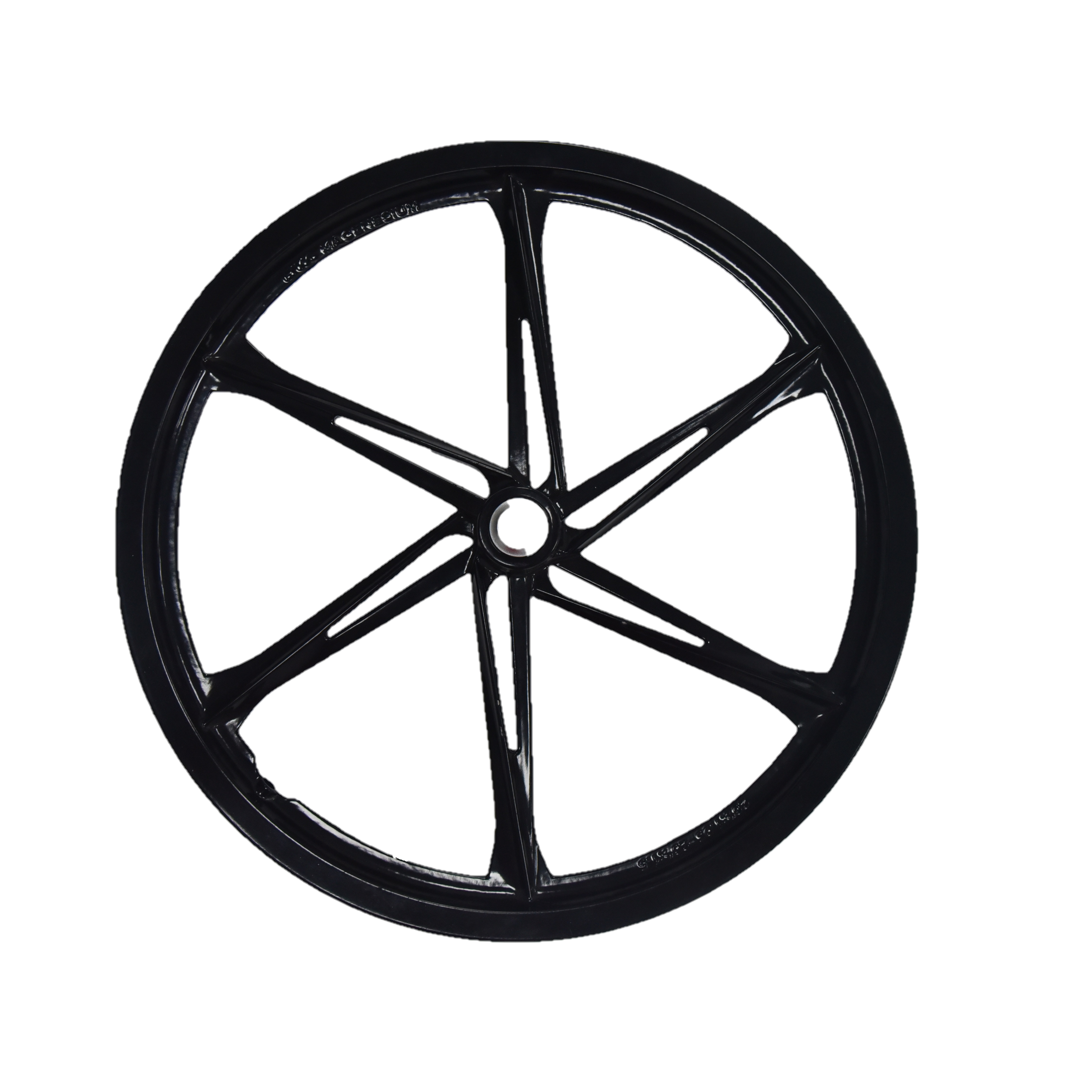Custom die-cast parts offer several advantages over other manufacturing processes when it comes to high-performance applications. Die-casting is a process that involves the injection of molten metal into a mold under high pressure, resulting in precise and intricate components with exceptional mechanical properties. In this article, we will discuss the advantages of custom die-cast parts for high-performance applications.
Die-Casting Basics
Die-casting is a manufacturing process that produces high-quality parts with tight tolerances and intricate details. The process involves injecting molten metal into a mold or die, using either a hot or cold chamber process. The molten metal solidifies quickly, producing precise parts with excellent mechanical properties.
Advantages of Custom Die-Cast Parts for High-Performance Applications
High Mechanical Properties
One of the most significant advantages of custom die-cast parts for high-performance applications is their exceptional mechanical properties. The die-casting process produces parts that are strong, durable, and can withstand high stress and temperatures. Parts produced through die-casting have a homogeneous microstructure, allowing for consistent performance across all parts.
Greater Design Flexibility
Custom die-cast parts offer greater design flexibility compared to other manufacturing methods. The process allows for complex geometries, intricate shapes, and thin walls, making it an ideal choice for high-performance applications where every detail counts. The flexibility provided by the die-casting process enables manufacturers to design parts that meet the specific requirements of their application.

Cost-Effective Manufacturing
Custom die-cast parts are also cost-effective to produce due to the simplicity of the manufacturing process. The process involves minimal tooling and labor costs, reducing the production cost per unit. Additionally, the high repeatability of the die-casting process results in fewer defects and less material waste, further reducing production costs.
Short Lead Times
Die-casting services can produce custom parts with short lead times, enabling manufacturers to respond quickly to changes in demand or design requirements. The speed of the manufacturing process ensures that parts are delivered on time, allowing manufacturers to meet their production schedules and customer demands.
Improved Surface Finish
Custom die-cast parts have an excellent surface finish due to the smoothness of the mold and the ability to create intricate details. This finish enhances the appearance of the parts and is essential in high-performance applications, where aesthetics play a vital role. The improved surface finish also improves the durability of the parts, making them more resistant to wear and corrosion.

Scalability
Custom die-cast parts are scalable, making them an ideal choice for both low and high volume production. Manufacturers can produce small quantities of parts for prototype testing or scale up to large production runs with minimal additional cost. Scalability is critical in high-performance applications because it allows for the production of parts in the right quantity, ensuring efficient use of resources while meeting customer demands.
Material Selection
Die-casting allows for a wide range of materials to be used in the production of custom parts. Manufacturers can select the material that best meets the specific requirements of their application, whether it be something durable like aluminum or lightweight like magnesium. The ability to select specific materials is another advantage of die-casting, allowing manufacturers to use the most appropriate material for their application.
Conclusion
Custom die-cast parts offer several advantages over other manufacturing processes when it comes to high-performance applications. The mechanical properties of custom die-cast parts make them ideal for high-stress and high-temperature applications. Greater design flexibility, cost-effective manufacturing, short lead times, improved surface finish, scalability, and material selection are among the benefits that make custom die-cast parts an attractive choice for manufacturers in various industries, including automotive, aerospace, medical, and electronics. The process provides precise and consistent parts that meet the specific requirements of the application, ultimately resulting in better performance and improved reliability. With the advent of advanced technology and materials, custom die-cast parts will continue to play a crucial role in high-performance applications in the future.
-

- CNC machined parts Steering bracket
-

- Magnesium alloy thixomolding die-casting UAV parts
-

- Magnesium foundry parts Steering column
-

- High precision magnesium thixomolding components UAV cover
-

- Integrated 3-spoke wheel for MTB with CNC machining &surface treatment
-

- Mangensium alloy die-casting Thixomolding metal brakets

 0086-750-5616188
0086-750-5616188 +86 13392089688
+86 13392089688 sales@zhongmei-tech.com
sales@zhongmei-tech.com







